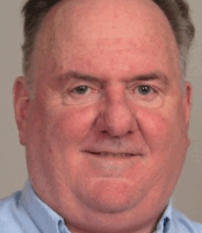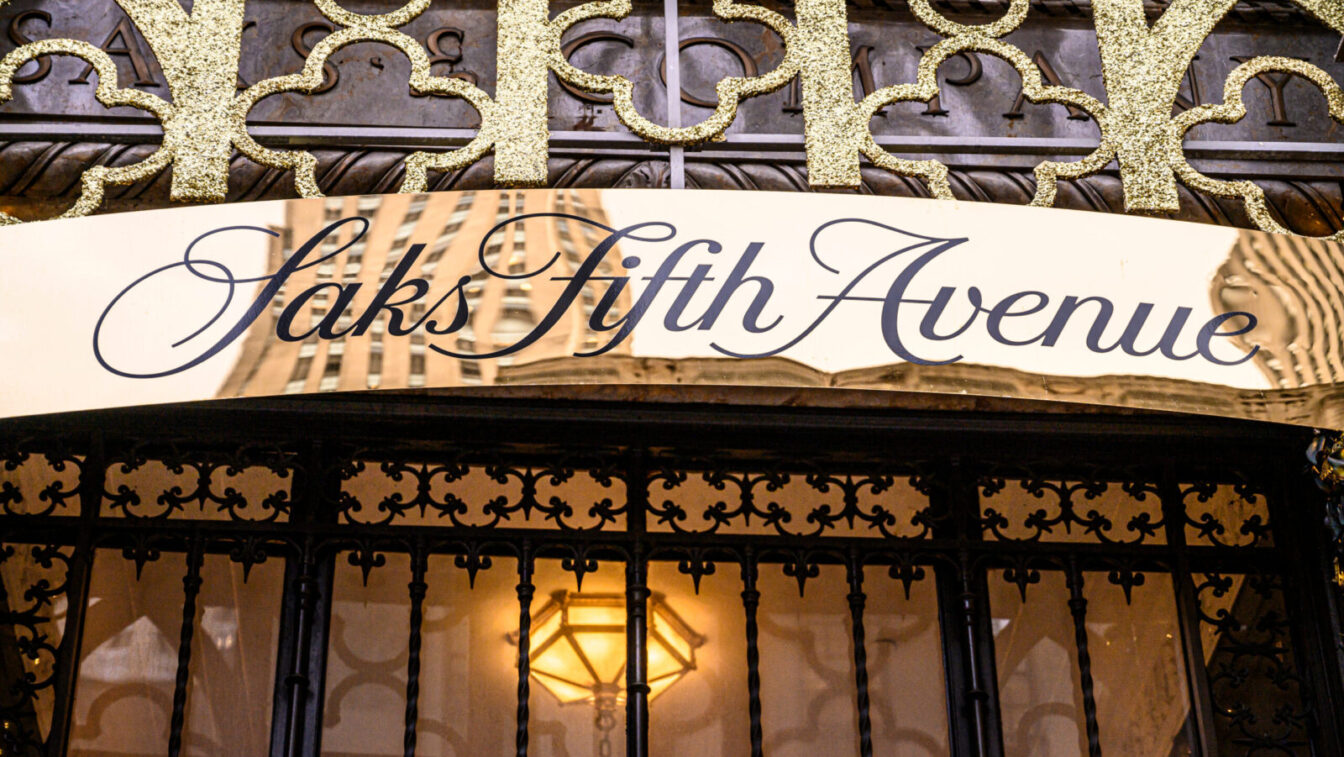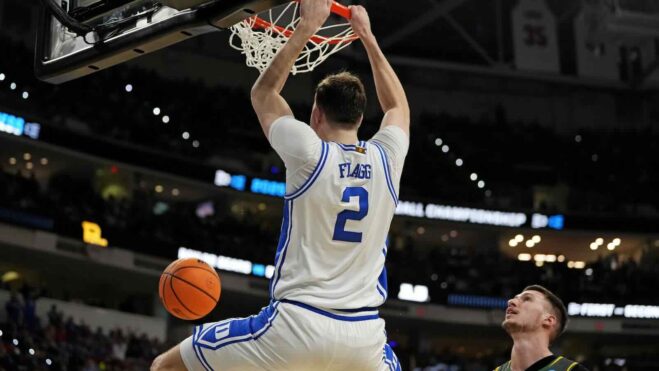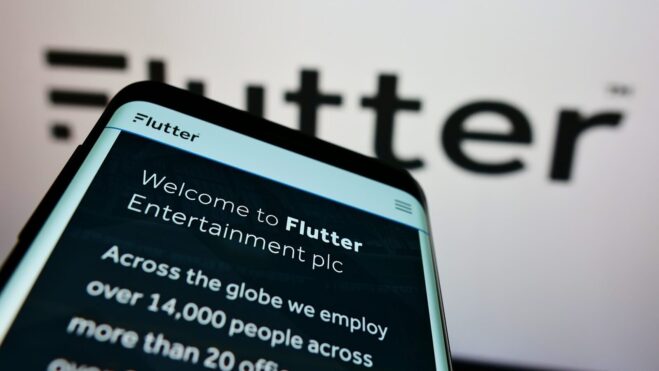Real Estate Mogul Weighs In On Chase For NYC-Area Casino Licenses
Meadowlands Racetrack owner Jeff Gural is confident about two of the three licenses, at least
3 min
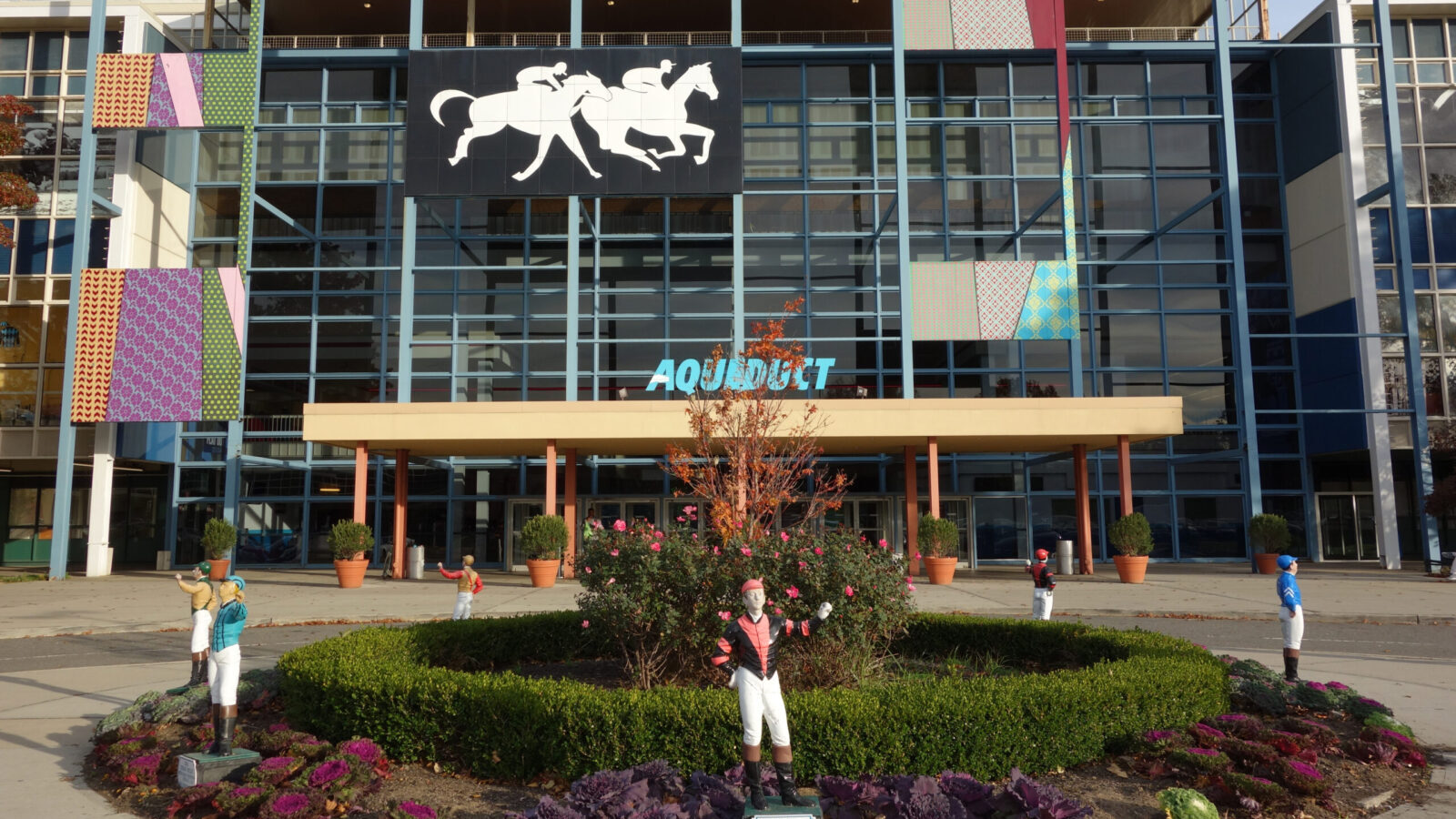
There would seem to be no one more diversely qualified to project the results of this winter’s selections as winning bidders for expensive — but potentially lucrative — New York City-area casino licenses than Jeff Gural.
After all, Gural is a prominent Big Apple real estate developer who grew up in Long Island; won an upstate New York casino bid in Tioga County in the previous round of casino licenses competition; owns the Meadowlands Racetrack, the most prestigious harness racing track in the world; and has bankrolled an unsuccessful referendum in New Jersey to try to bring a casino to the latter site.
And during a panel Wednesday at the East Coast Gaming Congress at the Hard Rock Casino in Atlantic City, Gural doubled down on his previous belief — and that of nearly everyone who has opined on the outlook — that two particular applicants for new licenses are substantial favorites.
Those two are the horse racing tracks at Yonkers in Westchester County just north of The Bronx, and Aqueduct in the borough of Queens.
State officials could decide to select as many as three of the 10 projects expected to submit formal bids in late June.
“The only two I know for sure are Yonkers and Aqueduct, because there is very little opposition to that idea,” Gural said. “All of the others [bidding] already have some opposition, and that is liable to win the day. People don’t want casinos in their [residential] area, so it would be quite a trick to get everybody on board.”
That means it is possible, in spite of severe budgetary stress in the state, that no other applicant would be able to run the gauntlet of required local approvals.
From racino to casino
Both New York racetracks already have had thousands of slot machines within their facilities for almost 20 years, with both so-called “racinos” — meaning slots, but no table games — immediately outperforming revenue projections and then maintaining big numbers ever since. While both locations are in urban areas, thousands of residents have gained much-needed jobs. Also, the flow of visitors in and out of a racino is not nearly as compressed as there is, for example, for a major sporting event.
Gural learned firsthand about general consumer sentiment regarding gambling from his internal polling before the ill-fated referendum in 2016 that would have authorized two casinos in northern New Jersey without offering specific locations.
Gural said in polling since then, the only question that resulted in majority support was specifically a casino in the Meadowlands Sports Complex. That site has no residences in its 760-acre footprint, and local homeowners have long since adjusted to the volume of traffic that sporadically comes to the site.
One of the largest casino proposals is located next to CitiField in Queens, where New York Mets owner Steve Cohen has partnered with the Seminole Tribe’s Hard Rock brand.
Hard Rock’s CEO Jim Allen, who spoke confidently about his bid’s chances at the conference on Wednesday, told Casino Reports after his speech that he didn’t necessarily see his project’s pathway to success being predicated on knocking out Aqueduct’s bid.
Asked if he thought it was possible for two bids in the same borough to be chosen, Allen said: “Well, obviously that’s up to the city of New York. We have a project that’s $8 billion, we know it’s the best site, and the independent studies show it would make the most revenue for the state of New York. So we’ll let the process work its way through.”
Gural, however, scoffed at the two-casino Queens idea, saying that since he believes Aqueduct is “guaranteed a license, so it wouldn’t make sense to have two casinos within 10 miles of each other.”
When Gural began his public push for the New Jersey casino licensing vote nine years ago, his partner in the plan was Allen, given that Hard Rock is such a familiar name in gambling and entertainment. Gural said that if Cohen’s project somehow did gain a New York City license, “I’d have to find a new partner” in the Meadowlands.
Done with the delays?
The downstate casino license planning began in 2022, and there has been some skepticism after all the delays that a Dec. 31 awarding of licenses — at a minimum cost of $500 million — will meet the deadline.
“I’d be shocked if there would be more delays with the licenses, given that there is a lot of pressure on the governor,” said Gural of Gov. Kathy Hochul’s looming massive budget deficits.
Because of the existing racino gambling floors at Yonkers and Aqueduct, the hundreds of millions in annual taxes from an upgrade could begin being collected in a matter of months. Any of the eight other proposed projects — five in Manhattan and one each in The Bronx, Brooklyn, and Long Island — likely could take three to five years to open to the public.
The Manhattan projects are considered particularly vulnerable — in spite of a number of the nation’s largest real estate developers being involved in various bids — because the borough’s dense population would not likely be agreeable to the addition of still more car and foot traffic. Gural said that his upstate New York casino was welcomed by the locals because of the thousands of direct jobs it would provide, as well as thousands more indirect jobs as ancillary development has come about around the casino area.
Community Advisory Committees in each proposed downstate casino location will begin reviewing applications on June 27, and applicants must complete all land use and environmental details before the committees vote yea or nay on each proposal by Sept. 30.
Successful bidders will then submit added material — including a proposed tax rate — to the New York Gaming Facility Location Board for a board vote by Dec. 1. Final licensing approval is then planned to be completed by the end of the month and calendar year.
